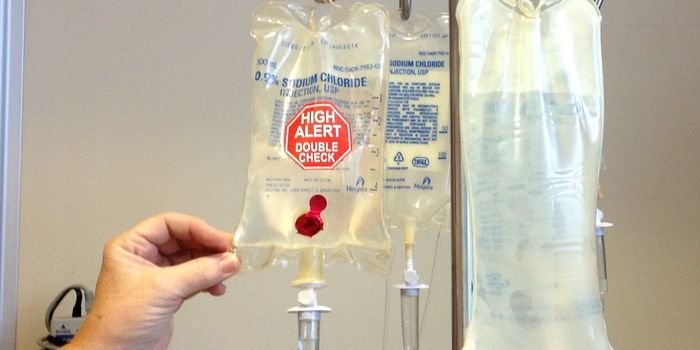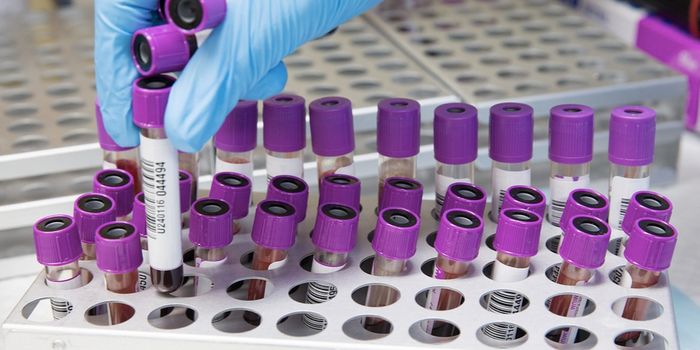Acupuncture Can Help Control Cancer-Related Pain
Acupuncture is a traditional Chinese medicine (TCM) technique aiming to stimulate specific points in the body. In TCM, acupuncture is engaged to restore energy balance within the body. Based on the belief that energy (known as qi) flows along paths within the body called meridians, acupuncture can affect an individual's spiritual, emotional, mental, and physical health.
Acupuncture is practiced by inserting thin needles, sometimes in combination with heat, pressure, or electricity, into specific locations throughout the skin. Acupuncture points, also known as acupoints, stimulate nerves and muscles believed to release natural painkillers. A practitioner selects appropriate acupoints to insert the needles depending on the condition being treated. Once inserted, the practitioner may manipulate the needle with different movements based on the patient’s goals.
To continue exploring the impact of integrative and complementary therapies on cancer treatments, we will provide a summary of studies investigating acupuncture in cancer patients. (For more examples, see previous subjects on art, music, pet, and dance/movement therapy.)
One study with 20 participants who experienced cancer pain even with analgesics demonstrated the benefits of auricular acupuncture (ear acupuncture). The pain intensity in all patients remained stable or reduced cancer. Another study containing 90 patients found that auricular acupuncture (ear acupuncture) reduced cancer pain intensity by 36%.
Including a sham acupuncture group in randomized clinical trials helps investigators distinguish the effects of acupuncture from variables associated with the procedure, such as contact with the needles. In sham acupuncture, needles that appear similar to acupuncture needles are used, but they are not fully inserted into the skin. A trial including 106 cancer patients experiencing pain caused by thoracotomy showed no difference in pain symptoms for patients who received electroacupuncture compared to those receiving sham acupuncture. A study enrolling 27 non-small cell lung cancer patients who received a thoracotomy assessed pain after electroacupuncture or sham acupuncture. The authors found that patients in the acupuncture group reduced analgesic use by the second day after surgery. Acupuncture, in addition to massage therapy, significantly reduced postoperative pain, nausea, vomiting, and depression compared to patients receiving standard care.
Studies published without a sham acupuncture control group are difficult to interpret as any potential role of a placebo effect is not considered. Another study found that acupuncture significantly reduced pain and improved function when assessing the use of acupuncture (four weekly treatments) to control chronic pain or dysfunction following neck dissection. In another study of 80 breast cancer patients, postoperative pain and range of movement improved after acupuncture.
In addition to reducing cancer-related pain, acupuncture also controls chemotherapy-related nausea and vomiting in breast, ovarian, testicular, and liver cancer patients. Another study, including patients with various cancers, showed acupuncture controls radiation-related nausea and vomiting.
Want to learn more about the medical benefits of acupuncture? Check out these articles on chronic tension headaches, tension headaches, hypertension, and drug addiction.
Sources: J Pain Symptom Manage, J Clin Oncol (Alimi), J Thorac Cardiovasc Surg, Acupuncture in Med, Ann Thorac Surg, J Pain Symptom Manage, J Clin Oncol (Pfister), Clin Exp Obstet Gynecol, JAMA, Int J Gynecol Cancer, Lancet, PLOS One









